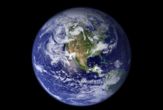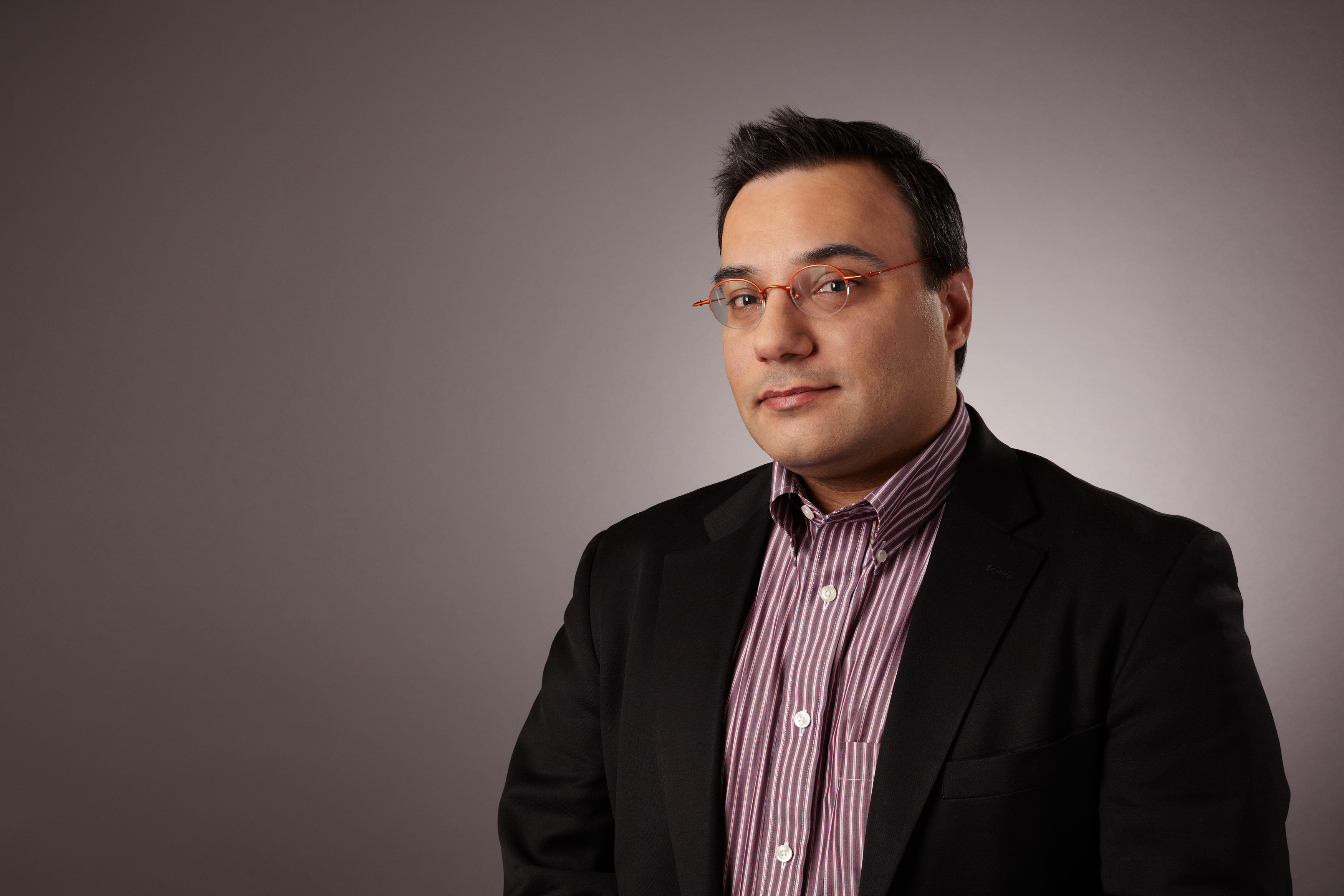Experts: Technology Could Save or Destroy Civilization This Century

NEW YORK—The continual advancement of technology will be critical in determining whether humanity will evolve into a true global civilization or destroy itself in the next century, a panel of experts said this week.
In the next 100 years, humanity could leap forward into a true global civilization—complete with a unified language, culture and planet-wide technological prowess—but the way is fraught with dark turns like war, terrorism and irresponsible science, string theorist Michio Kaku said at Wired Magazine's NextFest forum here.
"We are watching the birth pangs of a Type 1 civilization and it's not clear that we'll make it," Kaku said, describing a Type 1 civilization as a global community capable of sustaining and controlling its planet. "It's not guaranteed that we'll make this transformation."
Kaku spoke during a panel discussion on the influence of technology on the world at large, and how it can be wielded to address issues such as global warming, alternative energies and fuels, and other issues.
"I think we're at the early stage of the next great scientific revolution," said futurist Peter Schwartz, adding that encouraging today's youth to embrace the study of science will be key for tomorrow's advances in computing, engineering and other fields.
Managing the planet's resources effectively should also be a priority for today's generation in order to build up more sustainable technologies for future populations, panel members said.
"We have to figure out how to do more with less," said Kate Brass, who manages GE Energy's Ecomagination program. "We have to make a quantum leap now in 'I wonder if.'"
Get the world’s most fascinating discoveries delivered straight to your inbox.
- Top 10 Ways to Destroy Earth
- Great Inventions: Quiz Yourself
- The Greatest Modern Minds

Tariq is the editor-in-chief of Live Science's sister site Space.com. He joined the team in 2001 as a staff writer, and later editor, focusing on human spaceflight, exploration and space science. Before joining Space.com, Tariq was a staff reporter for The Los Angeles Times, covering education and city beats in La Habra, Fullerton and Huntington Beach. He is also an Eagle Scout (yes, he has the Space Exploration merit badge) and went to Space Camp four times. He has journalism degrees from the University of Southern California and New York University.
 Live Science Plus
Live Science Plus





